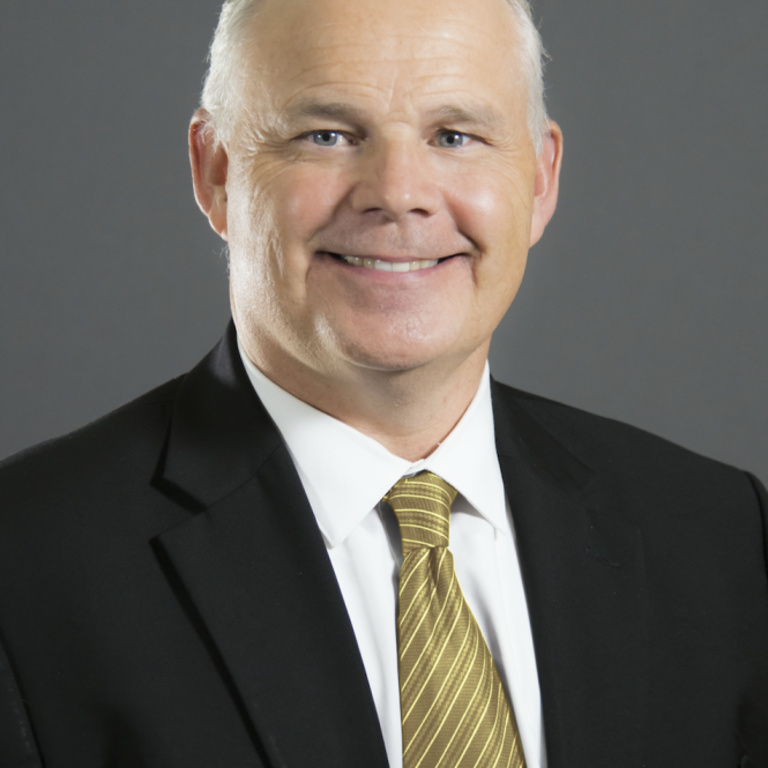Daniel L. Clay
Before coming to Iowa, Clay served as the dean of the University of Missouri College of Education since 2010. At the University of Missouri, he was also on the board of directors of the Missouri Innovation Center, a business incubator/accelerator.
Though originally from Minnesota, Dan has deep roots in the local community. He served as a tenure-track faculty member in the UI College of Education’s counseling psychology program from 1997 to 2006.
Clay is a nationally recognized scholar and fellow of the American Educational Research Association and the American Psychological Association. He has authored the award-winning book Helping Schoolchildren with Chronic Health Conditions: A Practical Guide. His most recent research has focused on reintegrating children who have experienced chronic illness back into schools and communities.
Clay has pioneered the development of online K-12 curriculum to bring the highest quality K-12 curriculum to a global audience. He is a leader in the application of continuous quality improvement methods through implementation of Baldrige principles, which focus on organizational performance excellence. Clay was recognized in 2014 as a Leader of Change by The Network for Change and Continuous Innovation: Higher Education’s Network for Change Leadership.
Clay earned a Bachelor of Arts in psychology from the College of St. Scholastica in Duluth, Minnesota; a Master of Arts in educational and counseling psychology from the University of Missouri; and a Ph.D. in counseling psychology from the University of Missouri. He also received a higher education administration certificate through the Management Development Program at Harvard University and an MBA from the University of Missouri Trulaske College of Business.
Clay is also a successful entrepreneur involved in business start-ups inside and outside education.
- School children with chronic health conditions; School mental health; Entrepreneurship and innovation in education; Change leadership; Application of continuous quality improvement methods using Baldrige principles; Organizational performance excellence
